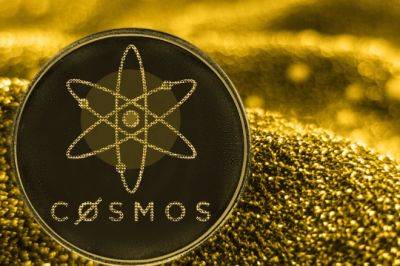New Cosmos chain will use liquid staking tokens from other networks for security
A new Cosmos-based blockchain called “Tenet'' will use liquid staking coins from other networks to secure its transactions, potentially allowing the new network to inherit the security of older ones, according to a May 3 announcement from the developers.
The network is currently available as a testnet and will launch a mainnet version as soon as testing is complete. This comes after liquid staking has recently become the largest decentralized finance (DeFi) protocol category.
Liquid staking protocols such as Lido, Rocket Pool and Ankr allow users to stake their coins with a network of validators and receive rewards without having to run their own nodes. These protocols also provide users with tokens called “liquid staking derivatives,” or LSDs, redeemable for the underlying deposits and rewards.
According to the announcement, Tenet will allow users to “restake” these LSDs to earn additional rewards on its network. And it will provide users with tokens that represent the LSDs themselves. The team calls these third-order tokens “liquid liquid staking derivatives,” or LLSDs. LLSDs will be usable in lending apps and decentralized exchanges throughout the Tenet network, the announcement said.
The team expects there to be two core benefits to using LSDs instead of a native coin to secure the network. First, it “ensures the long-term security of the Tenet chain by leveraging the joint security of each [layer 1] ecosystem it services.” Second, it should “bring additional liquidity and yield opportunities to LSDs.”
Related: Ethereum ‘re-staking’ protocol EigenLayer launches on testnet
At launch, the protocol is expected to allow liquid staking derivatives of Ether (ETH), BNB (BNB), Cosmos (ATOM), Solana (SOL) and Polygon
Read more on cointelegraph.com






















